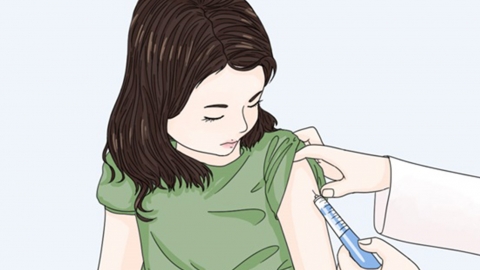Why is it not recommended to receive the rabies vaccine after being scratched by a cat?
It is not accurate to suggest that rabies vaccination should not be administered immediately after being scratched by a cat. Whether or not to receive the rabies vaccine depends on specific circumstances. In general, vaccination may be delayed or deemed unnecessary if: the cat is a household pet in good health and has been vaccinated; the cat remains healthy during the 10-day observation period; the exposure is classified as Category I; the individual has previously completed a full course of rabies vaccination; or laboratory testing confirms the cat does not carry the rabies virus. If in doubt, it is recommended to seek medical advice promptly. Detailed analysis is as follows:

1. Healthy, vaccinated household cats: Cats kept indoors that have received regular rabies vaccinations, have no history of contact with wild animals, and are in good health pose an extremely low risk of transmitting the rabies virus after scratching. In such cases, vaccination can be postponed while monitoring the situation.
2. The cat remains healthy throughout the 10-day observation period: After the scratching incident, if the cat is observed for ten days and remains healthy, this indicates it was not shedding infectious rabies virus at the time of the incident, and therefore vaccination is not required.
3. Exposure classified as Category I: If there was only contact with or feeding of an animal, and the scratch did not break the skin or involve exchange of bodily fluids, it is considered Category I exposure, which according to guidelines does not require rabies vaccination.
4. Previous complete vaccination series: Individuals who have previously completed the full rabies vaccination schedule may still have sufficient protective antibodies. Depending on the time elapsed since the last dose, re-vaccination may not require a full course.
5. Laboratory confirmation that the cat is free of rabies virus: If professional laboratory testing confirms the cat that caused the scratch is not carrying the rabies virus, there is no transmission risk, and vaccination is unnecessary.
After being scratched by a cat, the wound should be cleaned and disinfected immediately. If the cat’s health status is unclear, if the exposure level is higher, or if the cat shows abnormal behavior, prompt medical evaluation is essential. Do not attempt to assess the risk yourself, as misjudgment could delay timely preventive measures.




